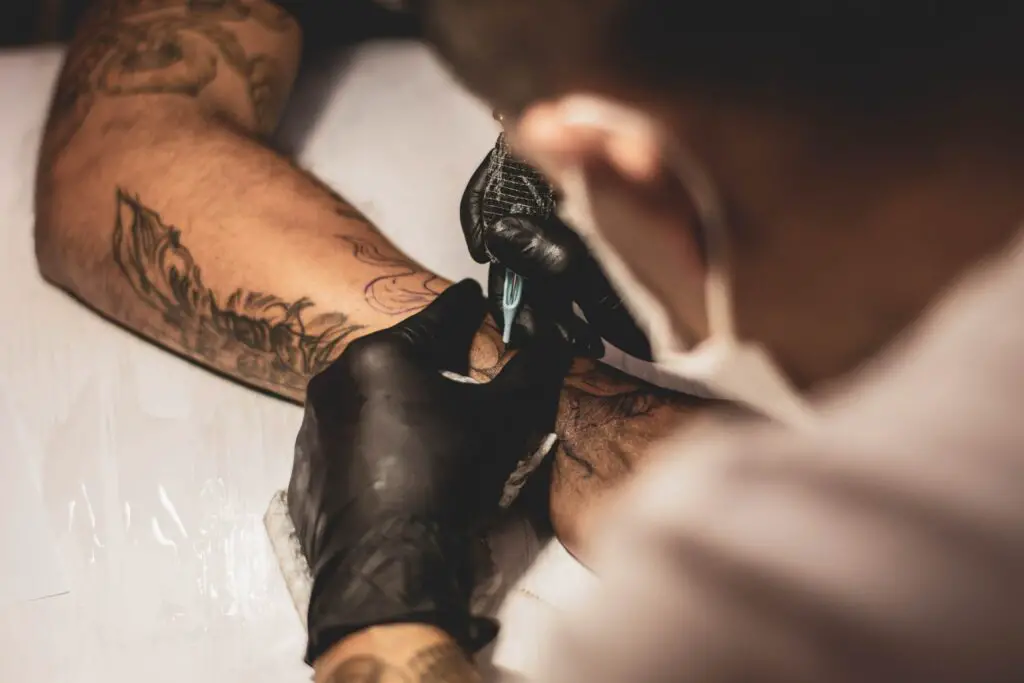There are several reasons why a tattoo may become raised or bumpy after 10 years or more. While tattoos are generally considered permanent, the body may react to the ink or other factors over time, leading to changes in the appearance of the tattoo.

- Allergic Reaction: An allergic reaction to the tattoo ink or other substances used during the tattooing process can cause the skin to become raised, itchy, and irritated. This can happen immediately after getting the tattoo or many years later.
- Infection: Infections can occur at any time after getting a tattoo, even years after the fact. If the tattoo becomes red, swollen, and painful, or if there is pus or other discharge, it may be a sign of an infection.
- Keloid Scarring: Some people are more prone to developing keloid scars, which are thick, raised scars that form over healed wounds. Keloids can occur after getting a tattoo, especially if the skin is injured during the process. They can continue to grow and become more pronounced over time.
- Sun Exposure: Exposure to the sun can cause tattoos to fade and become raised or bumpy. Over time, the skin around the tattoo may become damaged by the sun, leading to changes in the appearance of the tattoo.
- Aging: As the skin ages, it can become thinner and lose its elasticity. This can cause tattoos to become raised or bumpy, as the ink is pushed closer to the surface of the skin.
- Skin Conditions: Certain skin conditions, such as psoriasis or eczema, can cause tattoos to become raised or bumpy. These conditions can cause inflammation and irritation in the skin, which can lead to changes in the appearance of the tattoo.
- Medications: Some medications can cause changes in the skin, including raised or bumpy tattoos. For example, medications used to treat acne, such as isotretinoin, can cause the skin to become more sensitive and prone to irritation.
If you are experiencing any discomfort or changes in the appearance of your tattoo, it is important to consult with a dermatologist or tattoo artist. They can help determine the cause of the problem and recommend appropriate treatment options. In some cases, the tattoo may need to be removed or altered to improve its appearance and prevent further complications.
Why Is My Tattoo Raised After 10 Years?
